The Umbrella Maker's Son by Tod Lending
"The Umbrella Maker’s Son is an outstanding work of fiction portraying hope, love, resilience and survival against the most formidable of odds that partially incorporates the author’s own family history."
Tod Lending is a multi-talented award-winning producer, director, and cinematographer who specializes in human interest documentaries that demonstrate the resilience of spirit and the triumph of humanity in a variety of challenging situations during his 40-year career in filmmaking. Nominated for a Best Documentary Academy Award for his film Legacy, he has garnered an Emmy along with multiple film festival awards. His first novel, The Umbrella Maker’s Son is a work of historical fiction set in Poland during the Holocaust of WWII. Avoiding a first-time novelist’s temptation to sugarcoat the plight of Jewish characters in the story, the horrors experienced by them are so realistically detailed that one might easily mistake them for nonfiction. His extensive research included a trip made with two Holocaust survivors to various sites in and around Kraków and the nearby extermination camps.
The Invasion That Changed Everything
The Umbrella Maker’s Son begins on September 1, 1939 with Nazi Germany initiating a three-prong “blitzkrieg” invasion of Poland with simultaneous air and armor assaults launched from Silesia, Prussia and Slovakia. The port city of Gdańsk was awakened with pre-dawn shelling while Warsaw and other cities were bombed as the skies over Poland filled with over 1300 bomber planes and many tank divisions swarmed across the land effectively overwhelming any military resistance. WWII had officially begun. Narrator and protagonist Reuven Berkovitz had celebrated his seventeenth birthday three days earlier. Festivities ended for the duration with the invasion which heralded the beginning of six years of terror rapidly accelerating to the planned “final solution”, i.e. the systematic mass murder of European Jews.
Reuven lives with his parents, his widowed grandmother and two younger sisters in a well-appointed flat in an upscale neighborhood of Podgórze, a district of Kraków situated on the banks of the Vistula River. The Berkovitzs are Reform Jews, observant only on High Holy Days. His girlfriend Zelda Abramovitch lives a few blocks away with her family and they have plans to marry upon completion of their educations. Reuven is a student who works part-time for Tadeusz Malinowski, a gentile, in his busy pharmacy. His father is also training him in the eleven-year-old family business as makers of high-end custom umbrellas chiefly by making deliveries, working as a cashier and organizing stock.
The business is successful with four skilled workers employed full-time. Khone, the ever-cheerful master woodcarver in their custom-made umbrella shop is an 82-year-old Orthodox Jew who serves as a mentor and surrogate grandfather to Reuven and his sisters. Their bespoke umbrellas were utilitarian works of art designed to order and fully custom-made by exceptional craftsmen with fine materials using age-old techniques. These beautiful domes not only shielded their owners from rain or provided shade but were also repairable and should last a lifetime. Some doubled as walking sticks and could be designed with the mechanism of a hidden stiletto capable of providing self-defense at the touch of a button.
Craftsmanship That Spanned Generations
Customers selected a preferred design for the carved handle and chose among a wide selection of collars; the fitted metal bands made in gold, hallmarked silver or nickel, engraved with the owner’s initials or name. Mr. Berkovitz kept in his safe a selection of matched jewels, rubies, garnets, diamonds, sapphires and emeralds for additional embellishment of carved animal heads or simply for ornamentation. The frames were appropriately sized in length and width to match the owner’s height and girth with the ribs also constructed by hand. They were a luxury item as their cost reflected the many hours of labor but they were future heirlooms treasured by the wealthier, predominantly Catholic Poles and Polish Jewish customers alike. Note: today there are only a handful of custom umbrella makers including Fox in England since 1868 or Pasotti in Italy where the estimated cost ranges from about 200- 1,100 pounds or euros.
In The Umbrella Maker’s Son, shortly after Kraków surrendered to the Nazis, SS Officer Captain Schlöndorff accompanied by two soldiers strode into the shop. After examining the workshop and questioning Papa Berkovitz, he ordered an intricately carved snarling wolf’s head on and an ivory handled umbrella to be made including his initials and “SS” engraved in 24 carat gold on the cap handle and a gold swastika etched into a gold tip. When told it would be done in two weeks, he gave the ultimatum, “four days”. There could be no objection that it was not only the beginning of the Sabbath but also Yom Kippur, the most solemn Day of Atonement. The workers knew they had to comply and worked feverishly day and night to meet the deadline. Captain Schlöndorff paid the price asked but within days, brought a Polish man from Warsaw and announced he would now be the umbrella shop owner.
The workers were fired with the exception of woodcarver Khone whom the accompanying soldiers humiliated by shaving his beard and cutting off his side locks. This was only the beginning. Jewish homes, apartments, businesses and all valuables were seized. Zelda and her family had already relocated somewhere in the country with a distant relative. The Berkovitz Family would move to a smaller apartment shared with many people before being forcefully relocated to the Kraków ghetto.
Survival Amidst Destruction and the Fight to Endure
The next few years were a horrifying, brutal time for The Umbrella Maker’s Son as readers will discover for themselves. Since the 13th century, one quarter of the population of the greater Kraków area was comprised of Polish Jewish residents. Few survived. Thaddeus Malinowski’s character is based on a real, courageous man whose Eagle Pharmacy exists today as a museum. It was the sole pharmacy serving the 15,000 Jews crammed into the Kraków ghetto during the Nazi German occupation and an undiscovered part of the resistance as the owner provided aid, supplies and assistance to these Jews putting his own life at risk.
Oskar Schindler’s Enamel Factory was also nearby during WWII. In 1943, the Kraków-Płaszów concentration camp run by Austrian Commandant Amon Göth was constructed on the grounds of two former Jewish cemeteries that were desecrated and destroyed in the process. Kraków initially escaped the destruction that befell most Polish cities by surrendering to the German armed forces without a fight. The city was then proclaimed to be an ancient German city and named the capital of the General Government governed by Nazi Germany. Totalitarian rule was imposed with the goal of the total extermination of the Jews along with the erasure of Kraków’s true Polish history. The Nazi occupiers’ plan to destroy the city before evacuation was thwarted with the speedy liberation by the Red Army on January 18th, 1945.
The Umbrella Maker’s Son is an outstanding work of fiction portraying hope, love, resilience and survival against the most formidable of odds that partially incorporates the author’s own family history. Tod Lendingwrote, “I owe the title of this book, along with much of its inspiration to my great-grandfather Raphael Lending, an umbrella maker in Warsaw in the late 1800s, a time marked by virulent anti-Semitism.
According to family lore, one day he came across a Polish police officer beating a Jewish man in the street. Raphael intervened, hoping to stop the assault, but ended up stabbing the police office with a dagger concealed in the stem of his umbrella. Fearing life imprisonment or execution, he immediately uprooted his family, abandoned his umbrella-making business, and escaped to America. They arrived at Ellis Island on 24 December, 1909.” This incident provided the inspiration for one of the turning points in the novel. The author may wish to consider making a feature film out of this riveting work of fiction.
About Tod Lending:
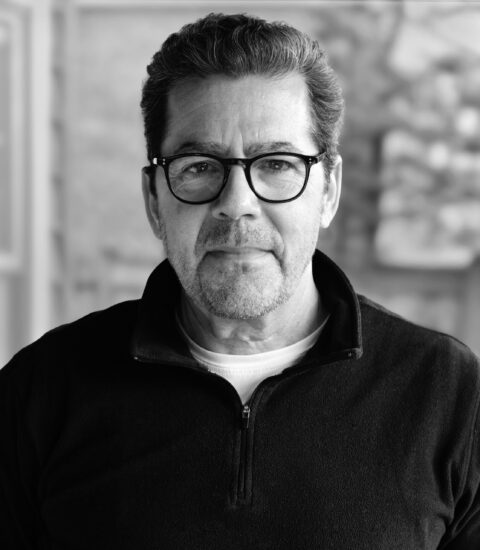 Academy Award™-nominated and Emmy-winning filmmaker Mr. Lending has spent nearly four decades creating documentaries that illuminate the human capacity for resilience amid adversity. Now a debut novelist, he brings his deep storytelling instincts to the written page, exploring moral dilemmas and the lingering shadows of persecution in his upcoming work.
Academy Award™-nominated and Emmy-winning filmmaker Mr. Lending has spent nearly four decades creating documentaries that illuminate the human capacity for resilience amid adversity. Now a debut novelist, he brings his deep storytelling instincts to the written page, exploring moral dilemmas and the lingering shadows of persecution in his upcoming work.
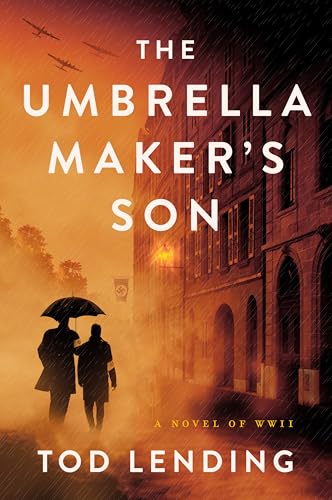
Publish Date: 2/11/2025
Genre: Historical Fiction
Author: Tod Lending
Page Count: 400 pages
Publisher: Harper Paperbacks
ISBN: 9780063413849



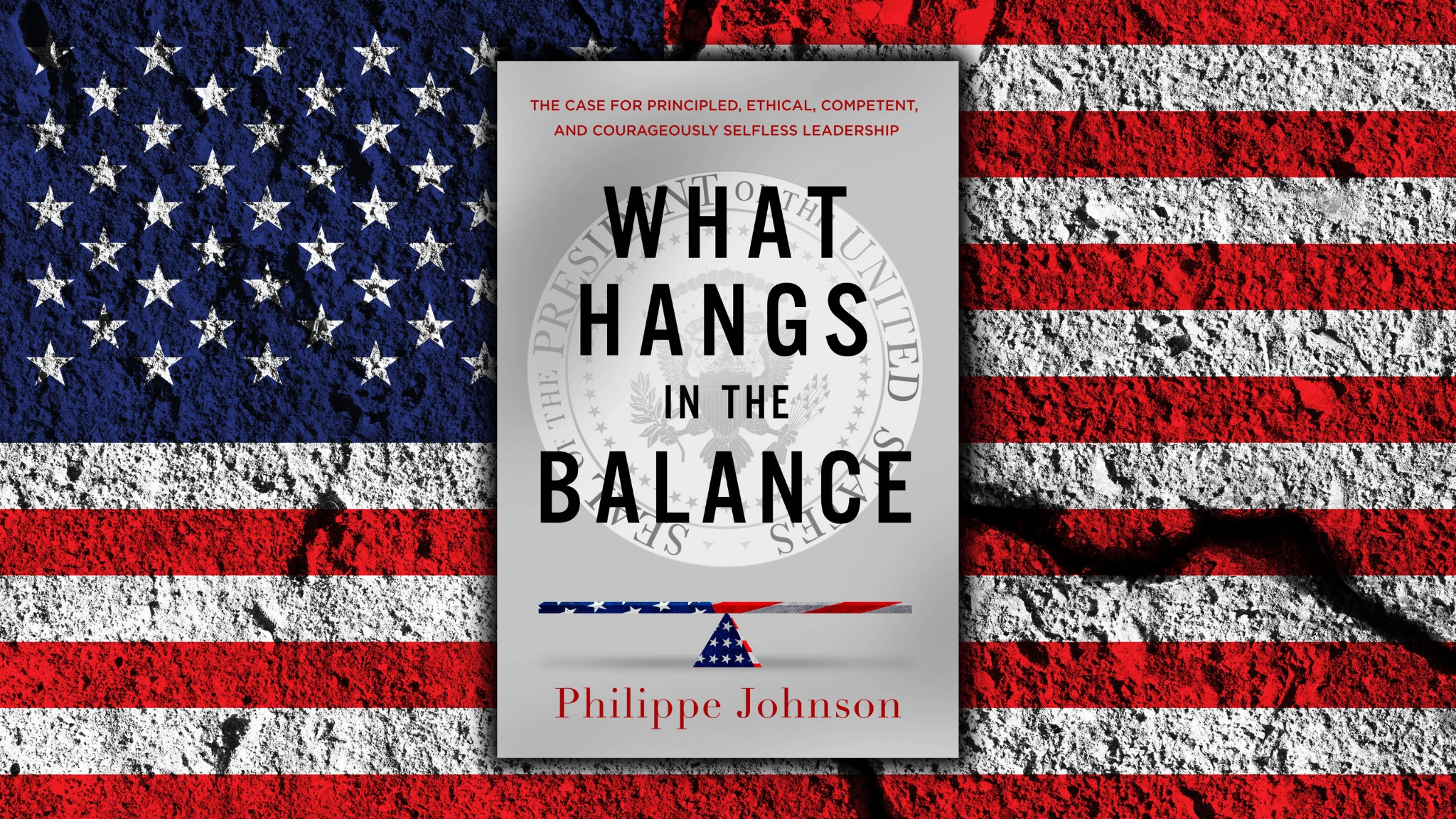

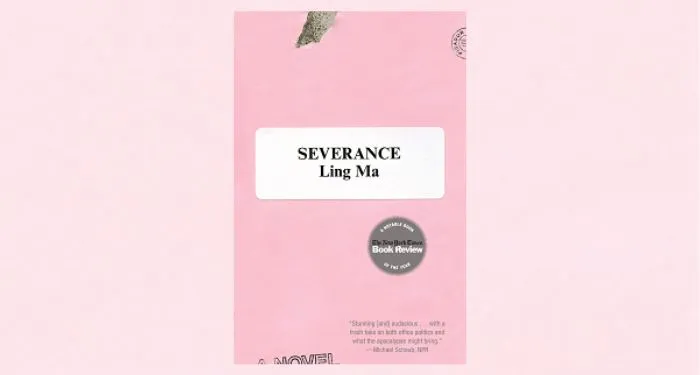

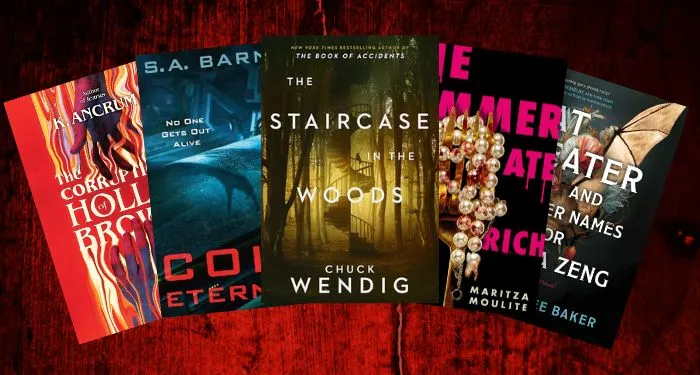


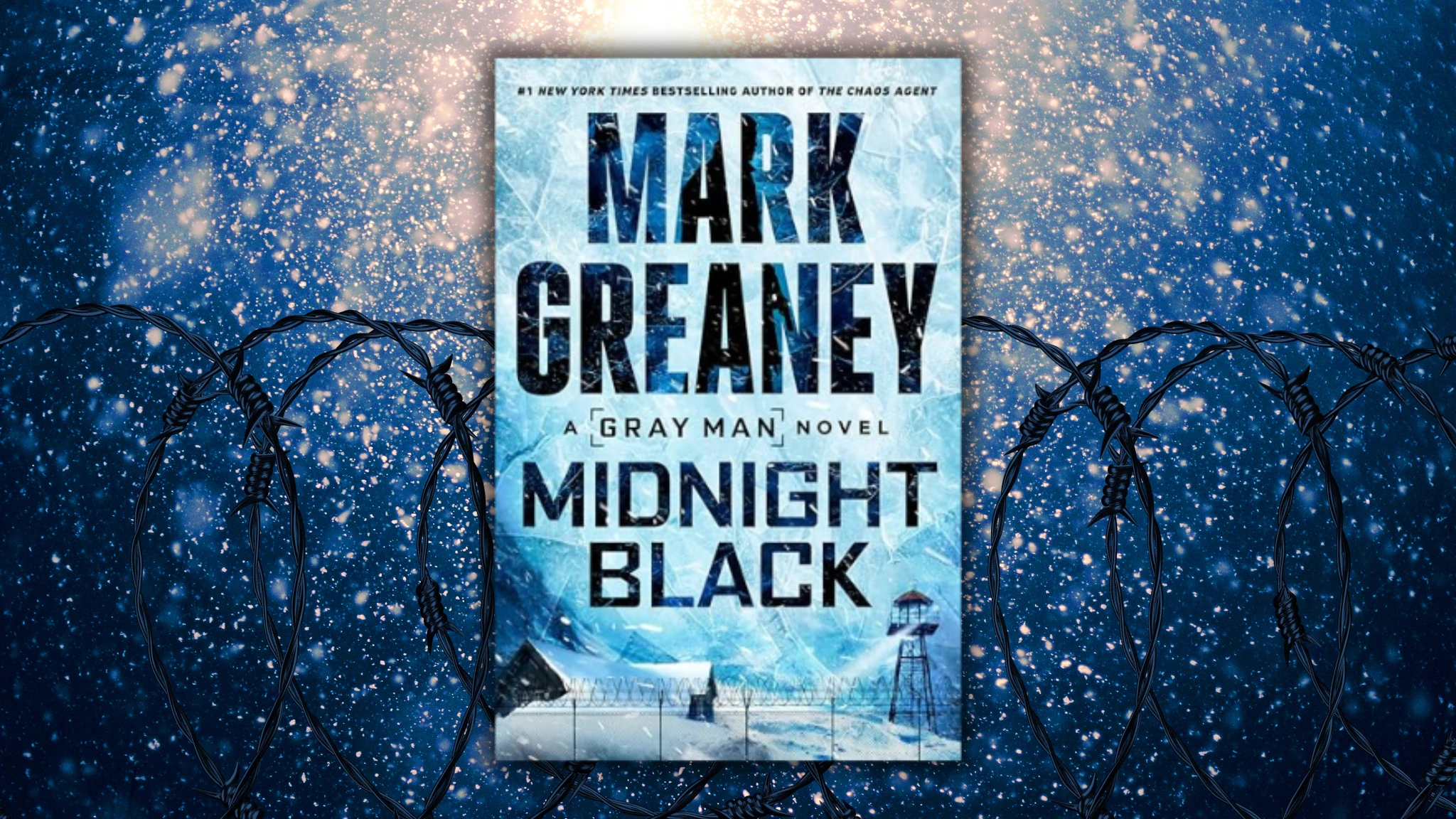


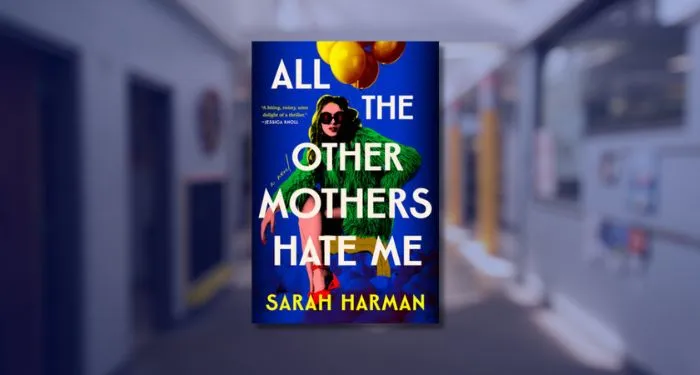
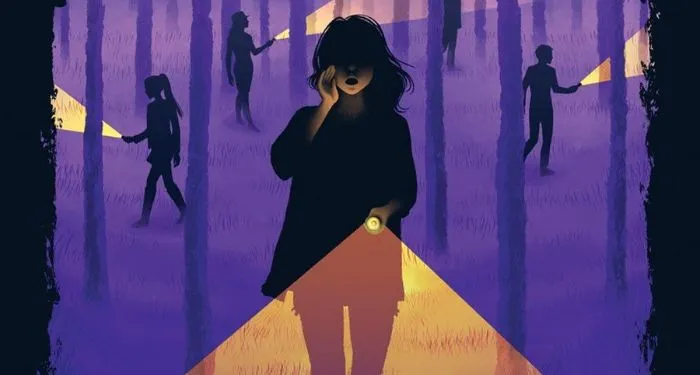

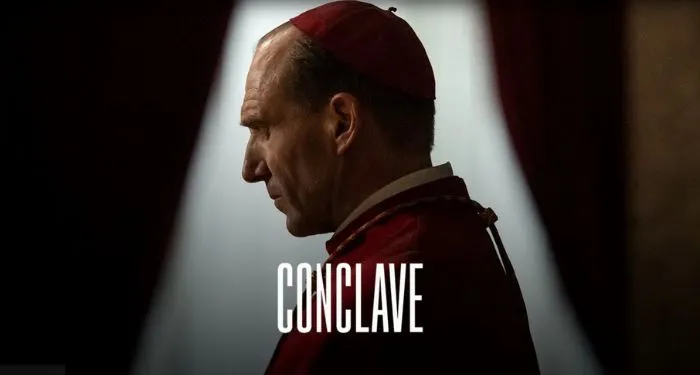

 English (US) ·
English (US) ·